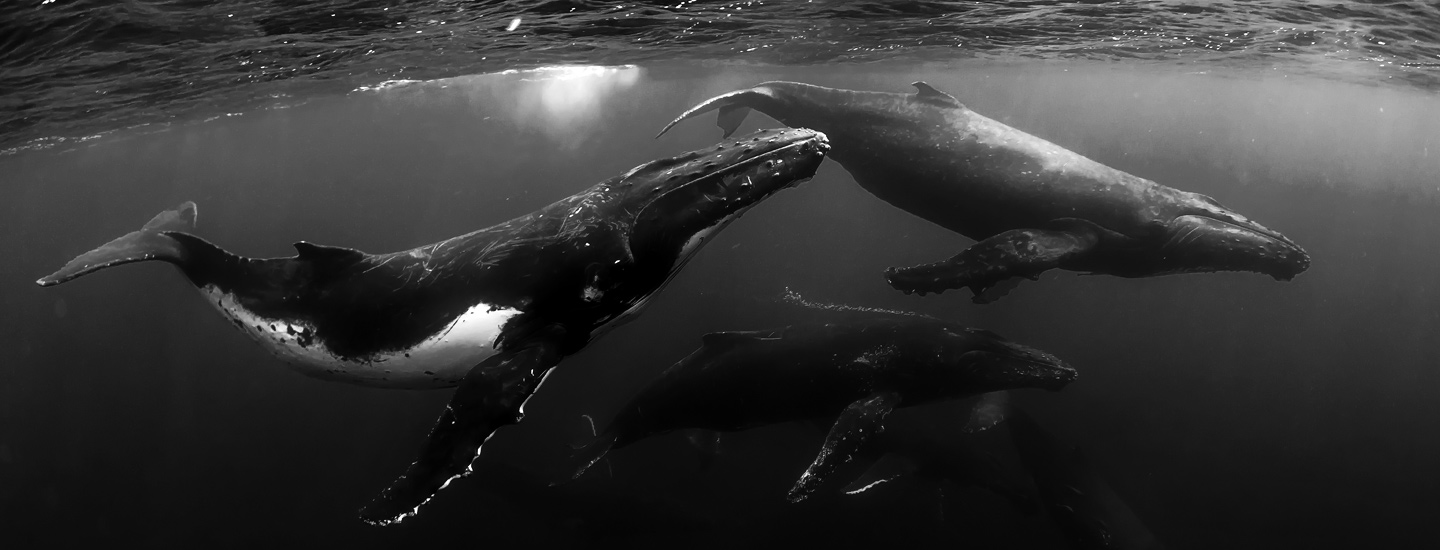
07.20.23
House Committee Slashes EPA Funding: Puts Clean Water, Coasts & Marine Life at Risk
By Katie DayYesterday the House Appropriations Committee advanced a funding bill riddled with steep cuts and harmful provisions that could expose our ocean and coasts to continued sewage pollution, new oil and gas spills, and exacerbated impacts of climate change. Eyes now look to the Senate in hopes of a more proactive funding proposal in their version of an appropriations bill, which is currently in development.
As part of an annual appropriations process, the House Committee on Appropriations took dangerous steps by passing an “Interior, Environment and Related Agencies” bill that calls for an almost 40% cut to EPA’s budget, slashing essential programs like the Clean Water State Revolving Fund by 67% and the Border Water Infrastructure Program by 20%. While there are a few programs that offer a silver lining, such as the BEACH Act which was awarded level funding from last year, federal cuts of this magnitude will have significant effects on our coasts and ocean. These cuts also directly threaten Surfrider campaigns and priorities to protect clean water and healthy beaches for all.
For instance, the Clean Water State Revolving Fund provides much needed funding for states and territories to upgrade and maintain their wastewater infrastructure, and the Border Water Infrastructure Program provides funding to address the water pollution crisis at the U.S./Mexico border. The most recent EPA estimate finds a national backlog of roughly $271 billion worth of needed wastewater and stormwater infrastructure upgrades. This estimate doesn’t even consider the threats coastal infrastructure face from rising sea levels and exacerbated storm events associated with climate change. And what happens when wastewater isn’t properly maintained? Sewage spills into the beach water.
This is already a severe problem on our coasts. Each year spills and infrastructure failures release over 900 billion gallons of untreated sewage into surface waters, and waterways receive an estimated 10 trillion gallons of stormwater runoff. This pollution flows downstream where it threatens the health of beachgoers, people who enjoy recreating in the ocean, coastal ecosystems and marine wildlife.
In order to protect coastal communities from health risks posed by stormwater and sewage pollution, the Surfrider Foundation’s Blue Water Task Force is testing nearly 500 beaches and recreational sites in coastal waterways. Last year, unsafe levels of fecal contamination were found in 19% of the 9,095 tests performed by Surfrider. While some sites showed chronic contamination with over half (and even upwards of 90%) of test results failing to meet health criteria, 300 sites had at least one sample that measured unsafe bacteria levels. These findings show the critical need to do more to protect public health and clean water at the beach, not less.
Instead of supporting solutions, this House spending bill cuts back federal investments that would have helped stop pollution at the source, dooming our coastlines to continued spills of sewage, polluted stormwater and more. The bill also includes dangerous “riders” for our ocean, coasts, and climate, which have no place in an annual funding package. One of the most concerning riders is a requirement for new offshore oil and gas lease sales in the Central and Western Gulf of Mexico, and the Alaska region. Offshore oil and gas drilling exposes coastal communities and marine wildlife to the devastating and unavoidable impacts of oil spills.
Each year, about 880,000 gallons of oil are sent to the ocean from North American offshore oil drilling platforms, and that’s just during normal operations. Outside of direct spills, offshore drilling can disrupt marine ecosystems throughout its entire lifecycle, from seismic blasting and exploration, to drilling, processing and transportation. New drilling also locks in decades of continued greenhouse gas emissions, further exacerbating the impacts of climate change, which are increasingly felt on our coasts and across the nation. Increasing fossil fuel extraction and greenhouse gas emissions are actions that our planet can simply not afford to take.
Other harmful provisions of this bill include attacks on climate and equity funding provided by the previously passed Inflation Reduction Act, and attacks on the Endangered Species Act. For instance this bill rescinds and reallocates $1.4 billion from important Environmental and Climate Justice funding programs, and $7.8 billion from the Greenhouse Gas Reduction Fund. So not only does the bill further exacerbate climate change and our reliance on fossil fuels, but it will continue to cause frontline and historically underserved communities to inequitably bear the costs of climate change.
While this disappointing bill has advanced in the House, there is still hope. The Senate is in the process of drafting their version of an appropriations bill, and later this year the Senate will have to confer with the House to agree on final numbers and bill text. Stay tuned for more information on how to have your concerns heard by Congress and prevent these dangerous provisions from becoming law.
